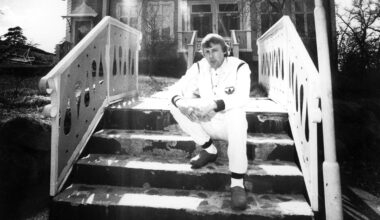Using data gathered from plants and fungi, Alex H Duncan creates unique, “non-human” sounds and melodies. It’s intoxicating stuff
Want to read more?
Sign up to Electronic Sound Premium to gain access to every post, video, special offers, and more. 100%, all you can eat, no commitment, cancel any time.
Already a premium member? Log in here






